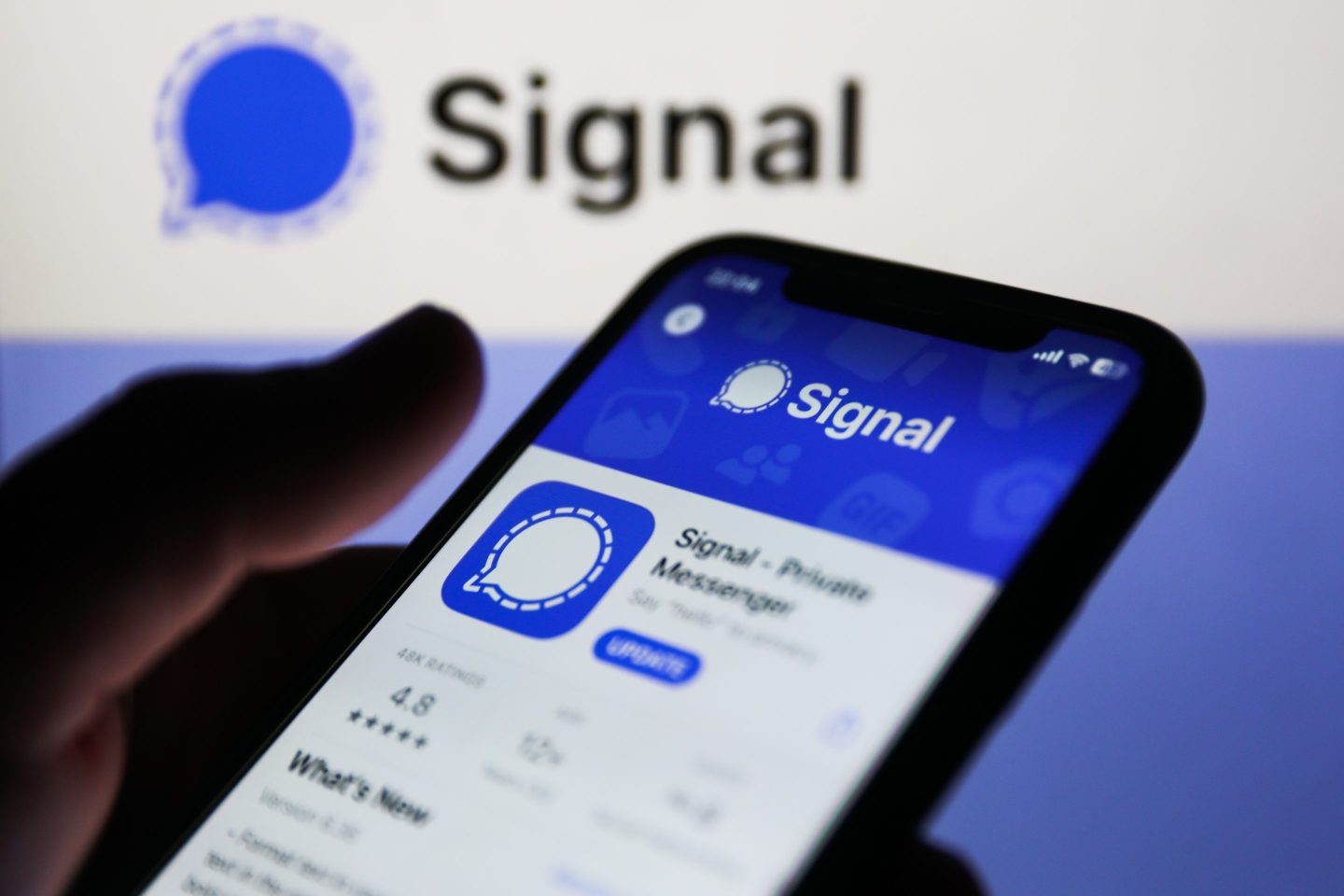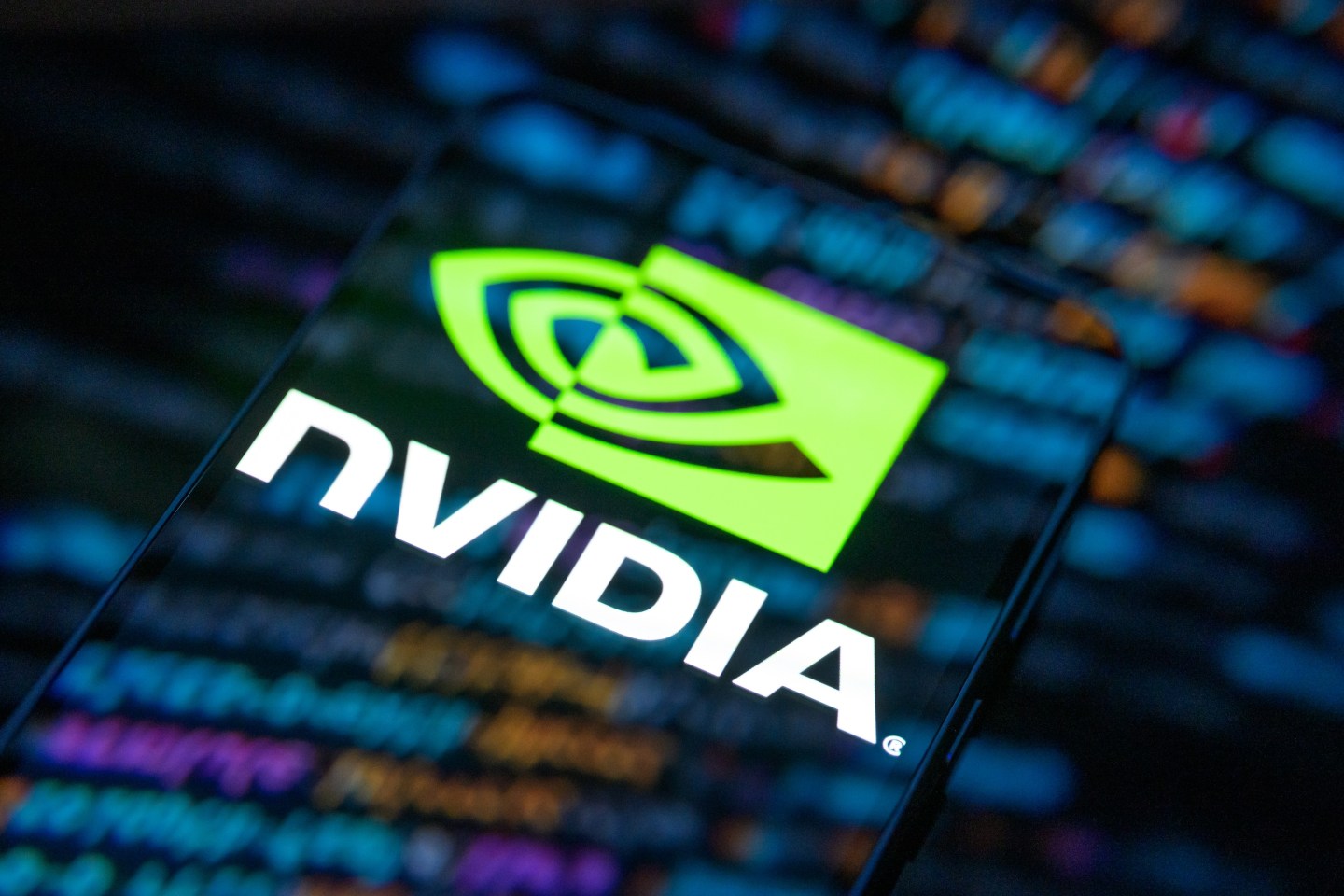Happy Friday! It’s tech reporter Alexandra Sternlicht here to help you finish the week.
Yesterday, after a brief four-and-a-half hour deliberation, a jury in the Southern District of New York found FTX founder and CEO Sam Bankman-Fried guilty on seven (of seven) charges, including wire fraud and conspiracy to commit money laundering. On the same day, the Federal Trade Commission un-redacted portions of their lawsuit alleging that Amazon algorithmically stifled competition to monopolize e-commerce.
A common thread in the evidence presented in both cases: Signal’s self-deleting messages.
“Amazon executives systematically and intentionally deleted internal communications using the ‘disappearing message’ feature of the Signal messaging app,” reads the agency’s freshly unredacted complaint. At SBF’s trial, prosecutors claimed the crypto kingpin and his inner circle communicated in Signal chat groups with messages that had an auto-delete function.
While corporate use and misuse of self-deleting messages are suddenly in the spotlight, the disappearing messages have long plagued another important group of regulators: parents.
This week I conducted an interview where self-deleting Snapchat messages caused anguish for a Florida-based mother.
The mom I interviewed banned her five children from Snapchat after an incident she believes involved a predator coercing her daughter on the platform. She told me that two years ago her then-13-year-old daughter connected with a 20-year-old male drug dealer on the social platform. The two formed a relationship, which she says ended when her daughter was caught with a THC vaporizer pen—allegedly supplied by the man—at her middle school. The man was never booked for selling drugs or pedophilia because “it was almost impossible to prove it was him,” due to Snapchat’s disappearing messages, says Webster. “It was a terrifying, gut-wrenching experience as an adult.”
A Snap representative says the platform offers extra protections for teens “to help keep the focus on connecting with close friends, preventing unwanted contact from strangers, and providing an age-appropriate content experience” and often works with law enforcement. (Snapchat is also being sued, alongside Meta, TikTok and YouTube, in Northern California in a personal injury suit that alleges the platforms are harmful and addictive to children.)
This is nothing new. Ten years ago, right after Snapchat garnered an $800 million valuation, a parent who served as a director at a digital forensics firm penned a USA Today essay about the “nefarious use” of self-deleting messages. “Kids who are bullied or adults who are stalked may struggle to prove their cases. Predators can lure victims, comforted by the assumed ephemeral nature of the communication,” she wrote.
Though Signal was founded in 2018, years after Snapchat, the end-to-end encrypted messaging app had 40 million monthly active by January of 2022, per the BBC, and over 100 million downloads on the Google Play store alone. The app, owned by the nonprofit Signal Foundation, does not host throngs of young users like Snapchat does, but it has become a favorite of tech workers, journalists, and others looking for an added layer of privacy with sensitive messages. (Signal did not respond to queries by Fortune about the ongoing litigation involving their disappearing message technologies.)
With the legal scrutiny on disappearing messaging platforms, will we see companies, parents, and regulators forcing communications back onto traditional venues like iMessage? The jury is still out.
Alexandra Sternlicht
Want to send thoughts or suggestions to Data Sheet? Drop a line here.
Today’s edition was curated by David Meyer.
NEWSWORTHY
Meta and Amazon antitrust. The U.K.’s Competition and Markets Authority has ended separate investigations into Meta and Amazon, after each company agreed to limit how they use the data only they can access on their platforms. The CMA was investigating Meta over its use of ad data to disadvantage rivals in the space, and Amazon over its use of Marketplace data to disadvantage rival retailers. As an expert told TechCrunch, it’s remarkable for a regulator to get such concessions out of Big Tech, but neither arrangement will seriously affect the companies’ core business models.
xAI and Tesla. Elon Musk said that his new AI outfit xAI would release its first model to a “select group” on Saturday. “In some important respects, it is the best that currently exists,” he claimed. In other Musk news, Wired reports that Tesla is facing a serious labor dispute in Europe, with Swedish dockworkers threatening to block deliveries of the electric vehicles in support of Swedish Tesla repair-shop workers, who are striking in protest at Tesla’s refusal to sign an agreement with their union.
Instagram dangers. The Wall Street Journal has an explosive piece on Meta’s failure to protect teen users from unwanted sexual harassment on Instagram. The piece focuses on a consultant called Arturo Bejar, who warned Mark Zuckerberg two years ago that under-16 teen girls (including Bejar’s daughter) were regularly receiving unsolicited pictures, but Meta systems either ignored or rejected their complaints. Meta’s Well-Being Team surveyed users and found the problem was far worse than the company was acknowledging, but Bejar says Meta watered down the findings and laid off most of those involved in the survey in Zuckerberg’s “year of efficiency.” The problem persists.
ON OUR FEED
“There will come a point where no job is needed. You can have a job if you want a job.”
—Elon Musk tells British Prime Minister Rishi Sunak where he sees AI going.
IN CASE YOU MISSED IT
FTX founder Sam Bankman-Fried found guilty of all charges in ‘one of the biggest financial frauds in American history’, by Leo Schwartz
Tim Cook keeps giving the same answer about Apple’s generative AI plans, and it’s falling flat with investors, by Rachyl Jones
Consumers are paying more than ever for streaming TV each month and analysts say there’s no reason for the companies to stop raising prices, by Rachyl Jones
Amazon designed its algorithm at Jeff Bezos’s urging to be something it wanted to show you, not the cheapest and best product, government claims, by Irina Ivanova
Billionaire Amazon founder Jeff Bezos moves to Florida, where his parents live—and capital gains are not taxed, by Christiaan Hetzner
An AI bot performed insider trading and deceived its users after deciding helping a company was worth the risk, by Ryan Hogg
BEFORE YOU GO
Arm and Raspberry Pi. The chip-design behemoth Arm has taken a minority stake in Raspberry Pi, the teensy computer of choice for tinkerers and internet-of-things developers.
Arm and Raspberry Pi have already been partners for a long time, but as The Register points out, this official tie-up makes it unlikely that Raspberry Pi devices will be switching to the increasingly popular RISC-V architecture anytime soon.
This is the web version of Data Sheet, a daily newsletter on the business of tech. Sign up to get it delivered free to your inbox.













